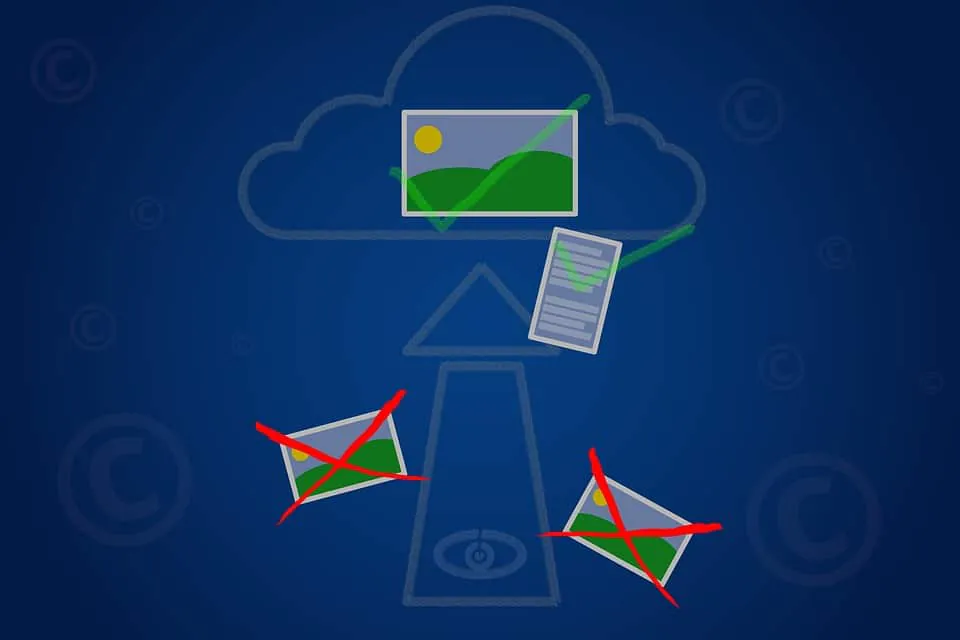Artificial Intelligence
AI System Automatically Transforms To Evade Censorship Attempts

Research conducted by scientists at the University of Maryland (UMD) has created an AI-powered program that can transform itself to evade internet censorship attempts. As reported by TechXplore, authoritarian governments who censor the internet and engineers who try to counter censorship attempts are locked in an arms race, with each side trying to outdo the other. Learning to circumvent censorship techniques typically takes more time than developing censorship techniques, but a new system developed by the University of Maryland team could make adapting to censorship attempts easier and quicker.
The tool invented by the research team is dubbed Geneva, which stands for Genetic Evasion. The tool is able to dodge censorship attempts by exploiting bugs and determining failures in the logic of censors, which can be hard to find by humans.
Information on the internet is transported in the form of packets. Small chunks of data start at the sender’s computer where they are dissembled and sent to the receiver’s computer. When they arrive at the receiver’s computer, the information is reassembled. A common method of censoring the internet is the monitoring of packet data created when a search is made on the internet. After monitoring these packets, the censor can block results for certain banned keywords or domain names.
Geneva works by modifying how the packet data is actually broken up and transferred. This means that the censorship algorithms don’t classify the searches or results as banned content, or are otherwise unable to block the connection.
Geneva utilizes a genetic algorithm, a type of algorithm inspired by biological processes. Geneva uses small chunks of code as building blocks in place of DNA strands. The bits of code, or building blocks, can be rearranged into specific combinations that can evade attempts to break up or stall data packets. Geneva’s bits of code are rearranged over multiple generations, utilizing a strategy that combines the instructions that best-evaded censorship in the previous generation to create a new set of instructions/strategies. This evolutionary process enables sophisticated evasion techniques to be created fairly quickly. Geneva is capable of operating as a user browses the web, running in the background of the browser.
Dave Levin, an assistant professor of Computer Science at UMD, explained that Geneva puts anti-censors at a distinct advantage for the first time. Levin also explained that the method the researchers used to create their tool flips traditional censorship evasion strategies on their head. Traditional methods of defeating censorship strategies involve understanding how a censorship strategy works and then reverse-engineering methods to beat it. However, in th case of Geneva, the program figures out how to evade the censor and then the researchers analyze what censorship strategies are being used.
In order to test their tool’s performance, the research team tested Geneva out on a computer located in China equipped with an unmodified Google Chrome browser. When the research team used the strategies that Geneva identified, they were able to browse for keyword results without censorship. The tool also proved useful in India and Kazahkstan, which also block certain URLs.
The research team aims to release the code and data used to create the model sometime soon, hoping that it will give people in authoritarian countries better, more open access to information. The research team is also experimenting with a method of deploying the tool on the device that serves the blocked content instead of the client’s computer (the computer that makes the search). If successful, this would mean that people could access blocked content without installing the tool on their computers.
“If Geneva can be deployed on the server-side and work as well as it does on the client-side, then it could potentially open up communications for millions of people,” Levin said. “That’s an amazing possibility, and it’s a direction we’re pursuing.”












